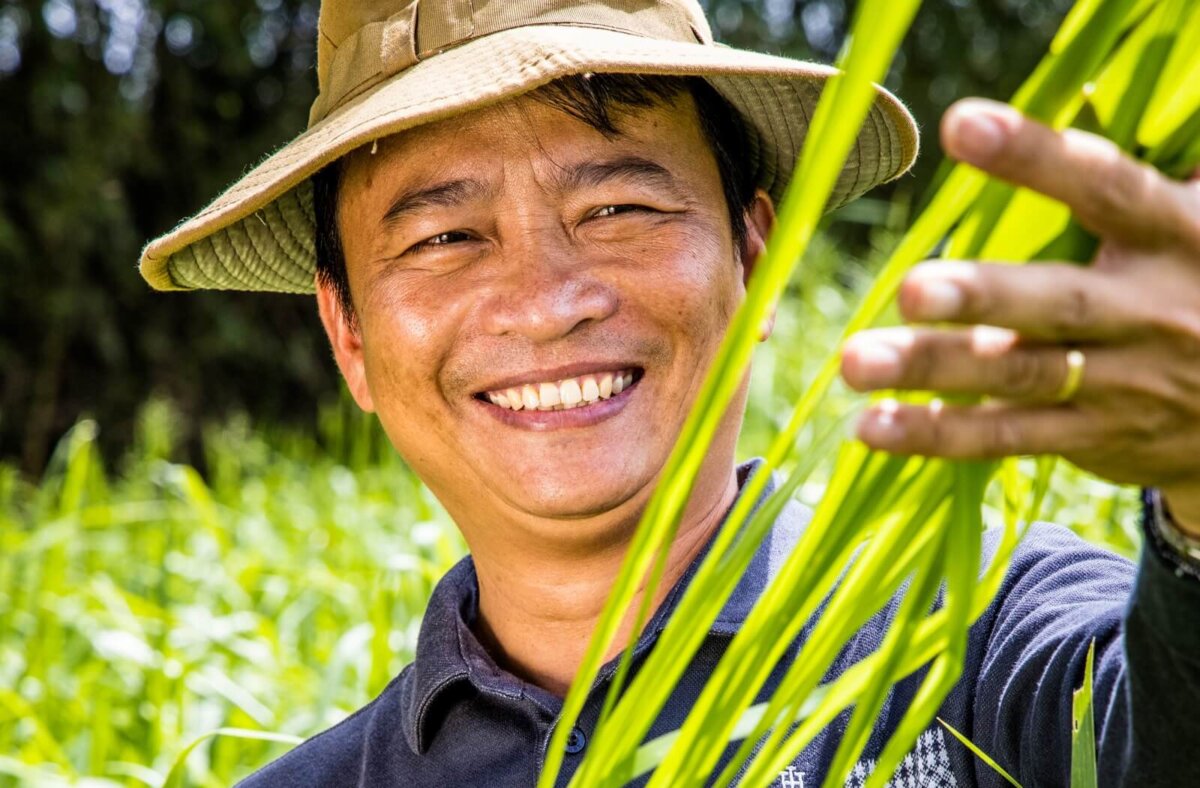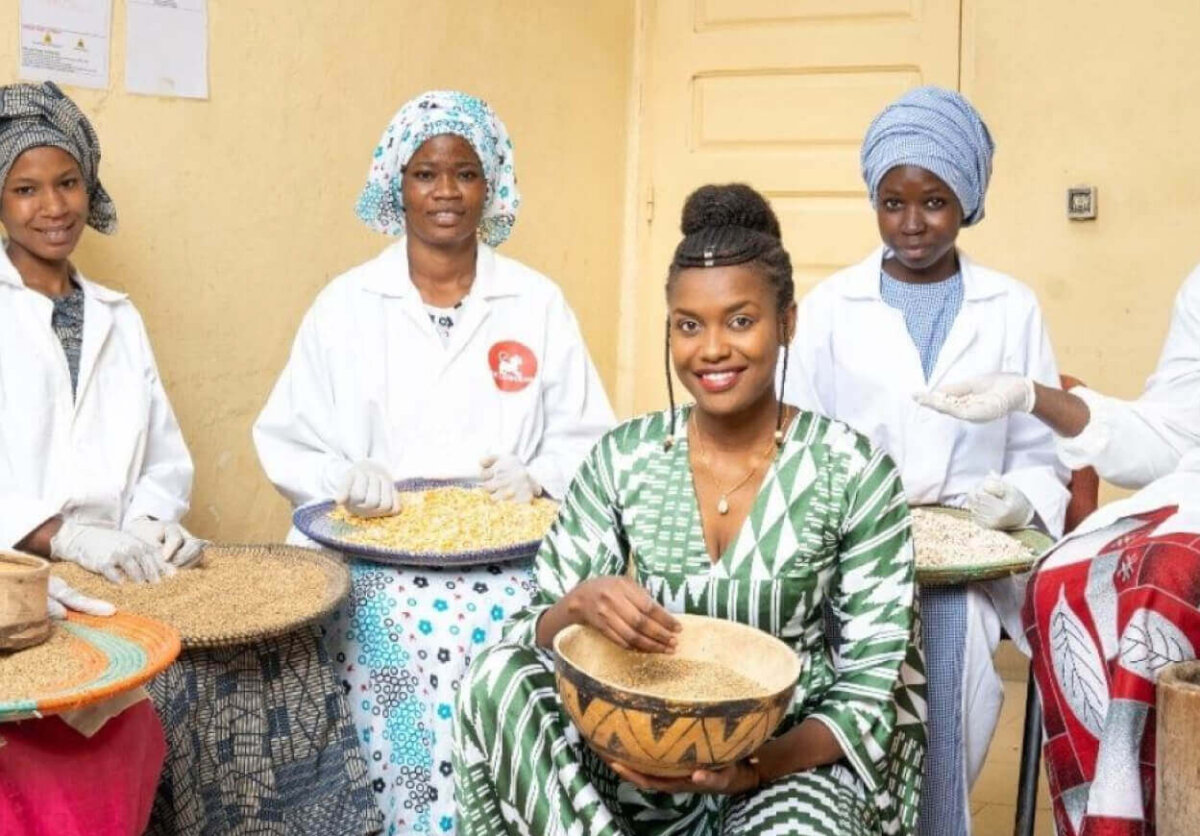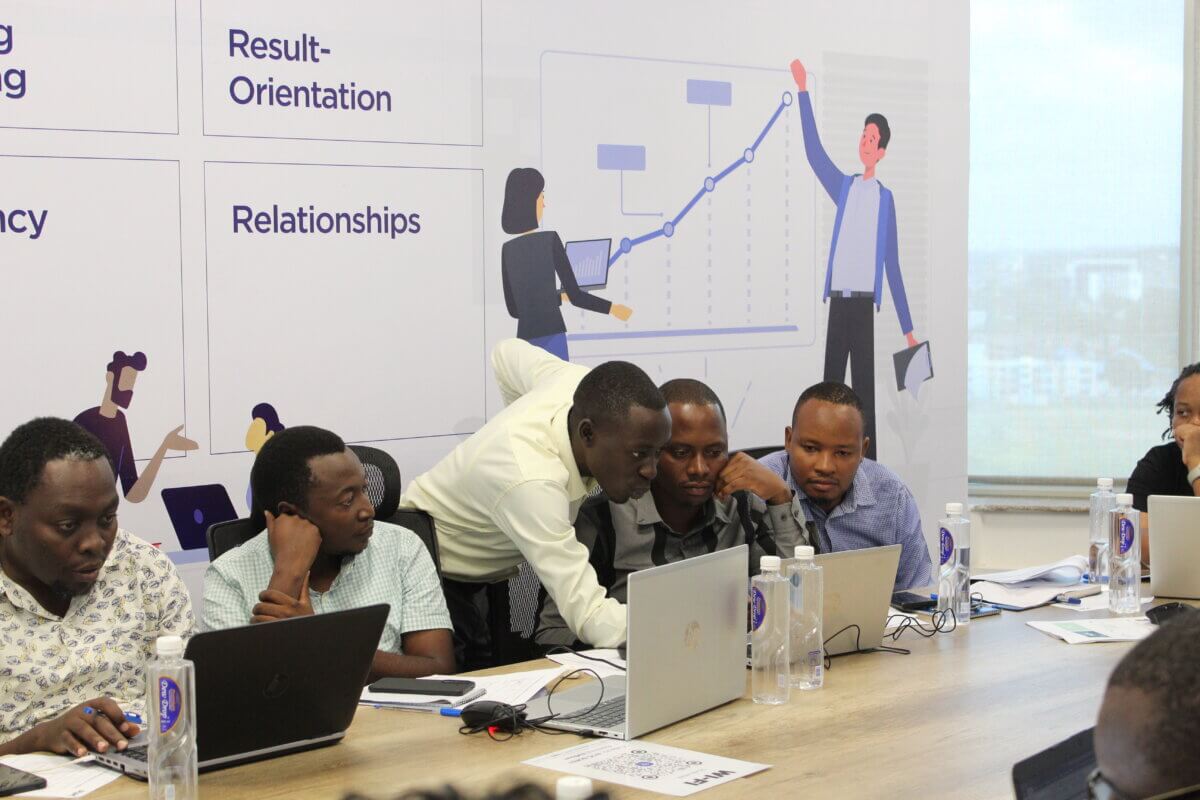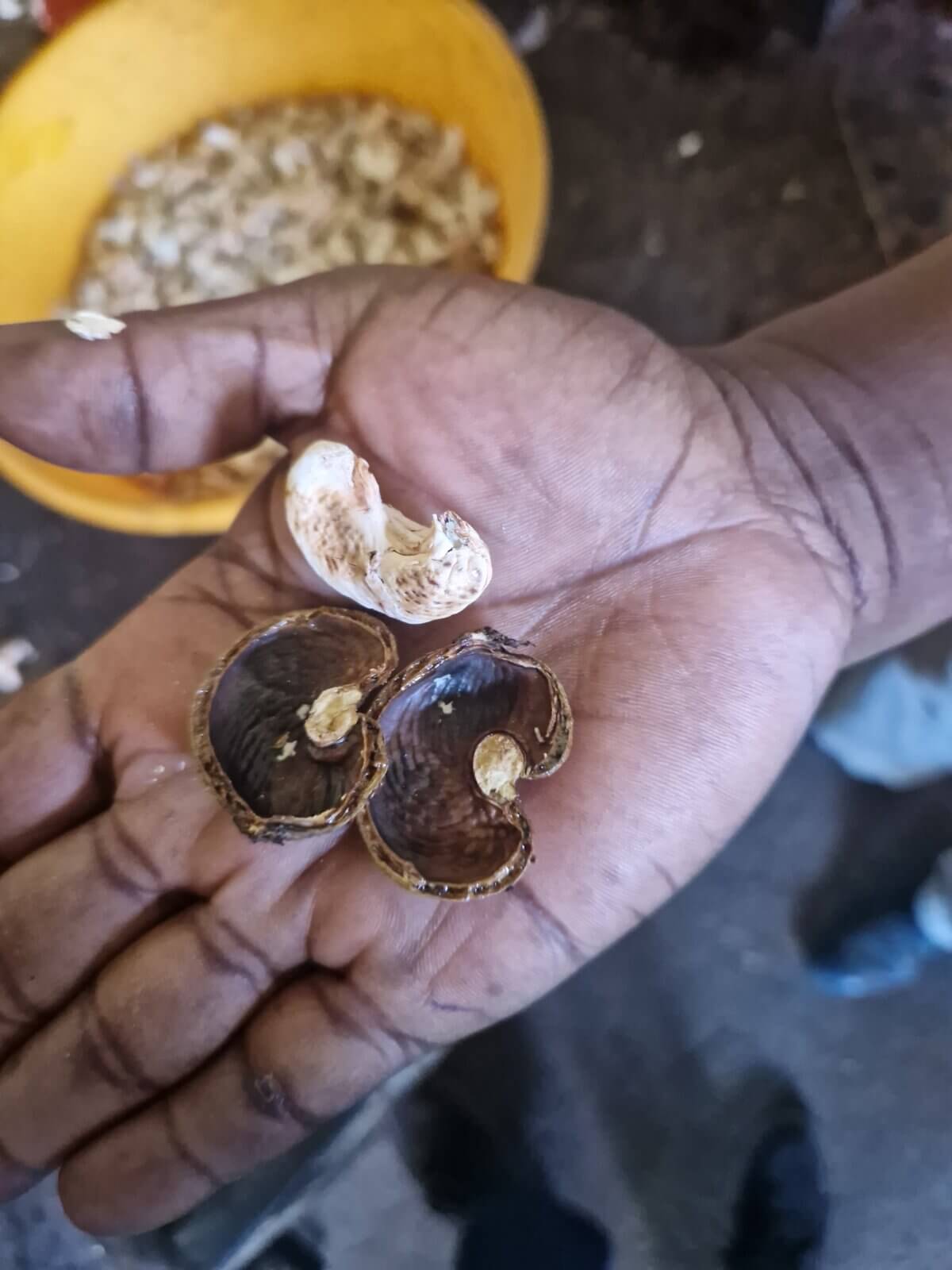- Projects
- Turning waste into opportunity in Dar es Salaam
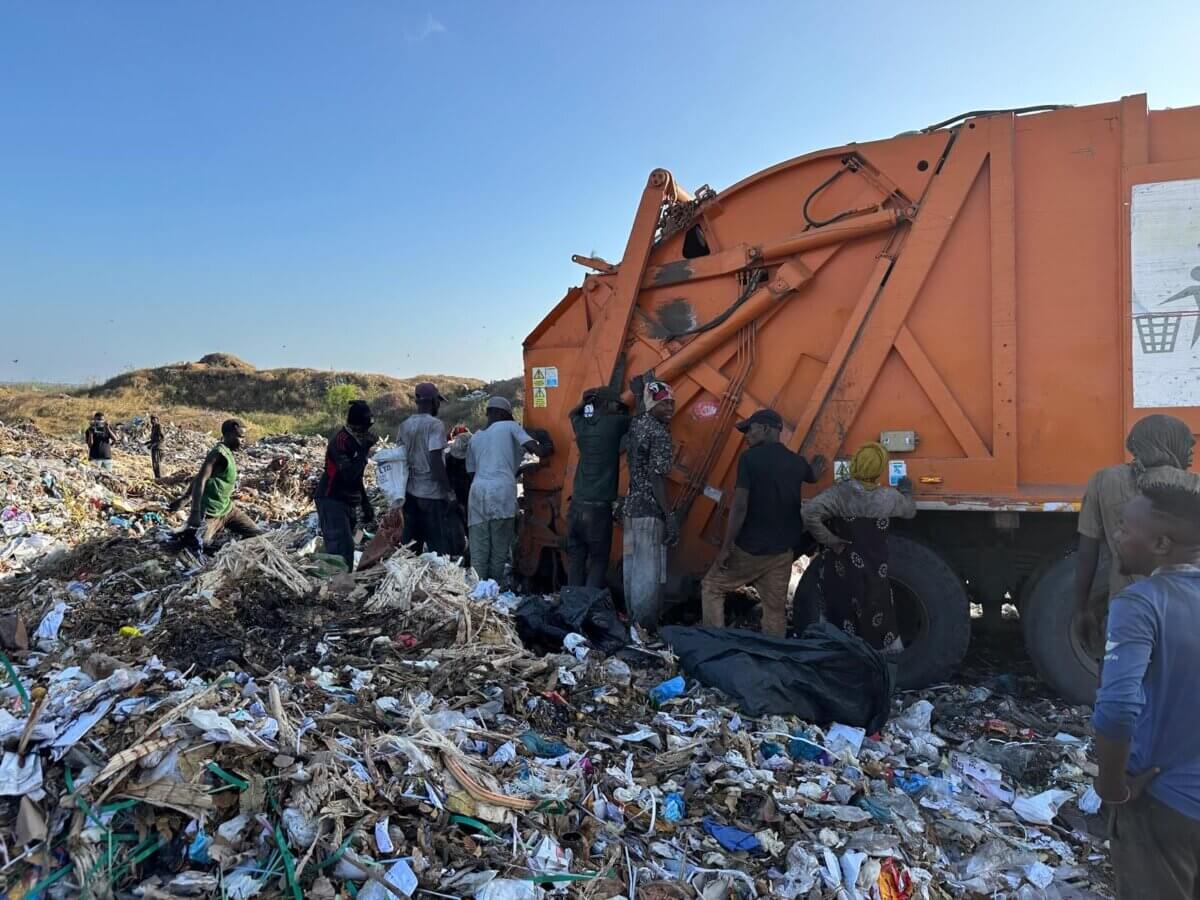
PUM and local waste collector Kajenjere Trading Co. in Dar es Salaam, Tanzania, teamed up to work towards a shift from landfilling to recycling . PUM waste expert Ton van der Giessen introduced ideas for tapping into promising waste streams, especially plastics. With low energy and labour costs, the potential for impactful, sustainable change is significant.
With over six million residents and rapid urban growth, Dar es Salaam, faces a growing waste crisis. Only 40% of the city’s waste is formally collected. The rest is either burned illegally or dumped into the environment, often ending up in reivers and the Indian Ocean. Collected waste is transported to Pugu, an open dumpsite lacking proper environmental safeguards. Dumping is inexpensive, and the absence of a weighbridge means regulation is minimal. While PET bottles are informally recovered and sold, there is no structured recycling system for the city’s broader waste streams. Contracts for waste collection are awarded through municipal tenders, but collectors must raise funding directly from households and businesses.
Partnering for progress
In this challenging setting, PUM expert Ton van der Giessen, with decades of experience in the waste and recycling sector, collaborated with Kajenjere Trading Co., the largest private waste collection company in Tanzania. Operates across central Dar es Salaam , Kajenjere is led by CEO Mathew Andrew and known for its proactive approach.
The company employs 500 to 600 people, including 100 women who collect payments from over 150,000 customers each month. Kajenjere collects both household and commercial waste, often during night hours in busier districts. Sorting at source is rare; only visible PET bottles are manually removed before disposal.
Ton’s first step was to assess current operations and identify realistic possibilities to shift from landfilling to recycling. He also advised on process optimisation and connected the company with partners that could accelerate this transition.
A broader vision for recycling
Kajenjere has already begun to innovate. A pilot using Black Soldier Flies (BSF) is turning organic waste into protein-rich animal feed, with promising early results. Five staff are working on this pilot, and scaling up is on the horizon.
Ton’s recommendations focused on practical, phased steps toward sustainable waste management:
- Separate organic waste at the source, using dedicated street containers.
- Use the anticipated rise in landfill fees to promote sorting and recycling.
- Scale up BSF and composting, supported by operational guidance.
- Develop a Material Recovery Facility (MRF) for dry recyclables.
- Initiate pilots for recycling plastics, glass, cans, and e-waste.
Navigating local realities
Throughout the project, Ton immersed himself in Kajenjere’s daily operations, joining collection routes, visiting the Pugu dumpsite, and discussing challenges first-hand with staff. Despite the city’s serious waste challenge, he saw real momentum for progress. Kajenjere’s strong political and community network, along with its in-house media and printing division, put it in a unique position to raise public awareness and drive behavioural change. Ton encouraged CEO Mathew Andrew to focus more on strategic growth and partnerships, rather than day-to-day operations.
As a first step, Ton connected Kajenjere with several initiatives that could support the financing of recycling activities or take up separately collected value streams.
Small shifts, big impact
Even small interventions, like separating organics, launching pilots, and building partnerships, can lay the foundation for long-term impact. With ongoing contact, follow-up and feedback, Kajenjere is now better equipped to take the next steps in transforming waste into value, benefitting both the environment and the people of Dar es Salaam.
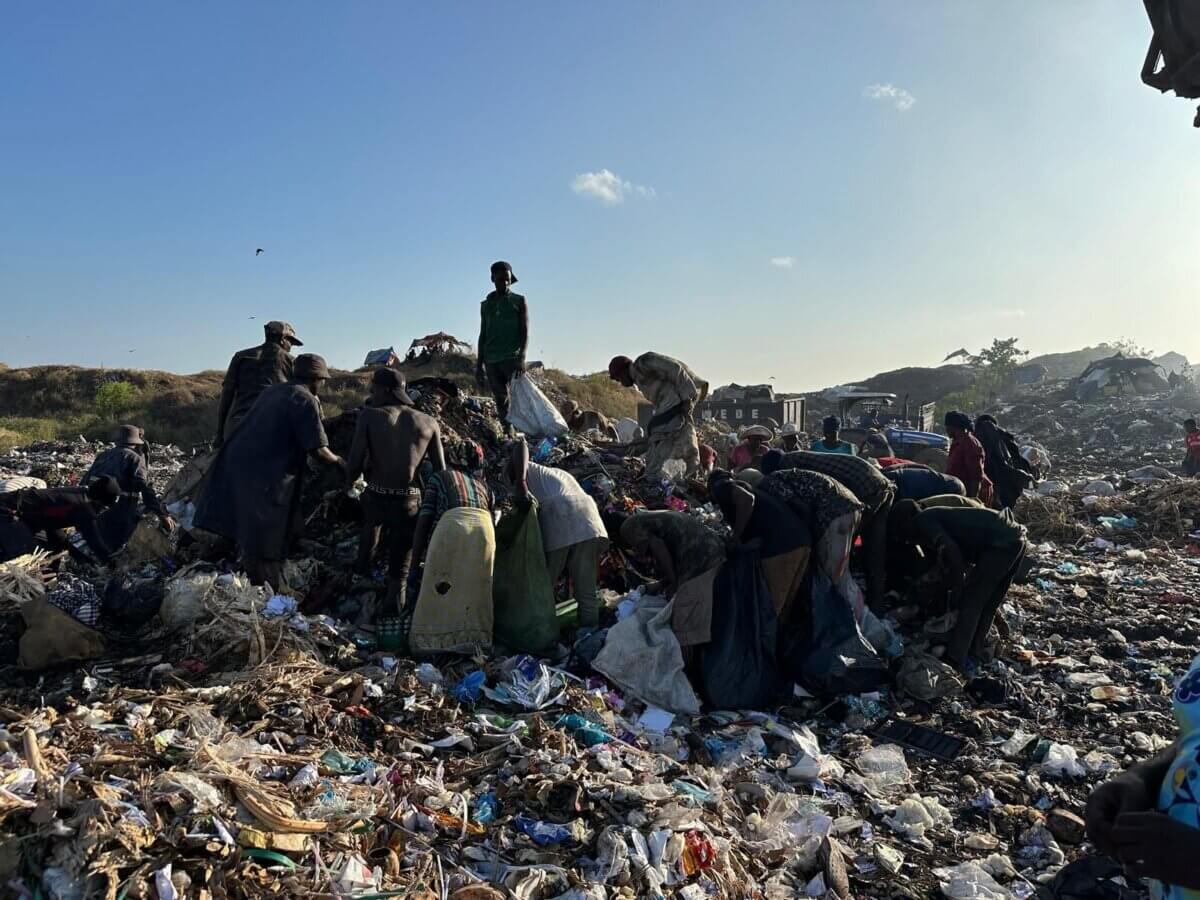
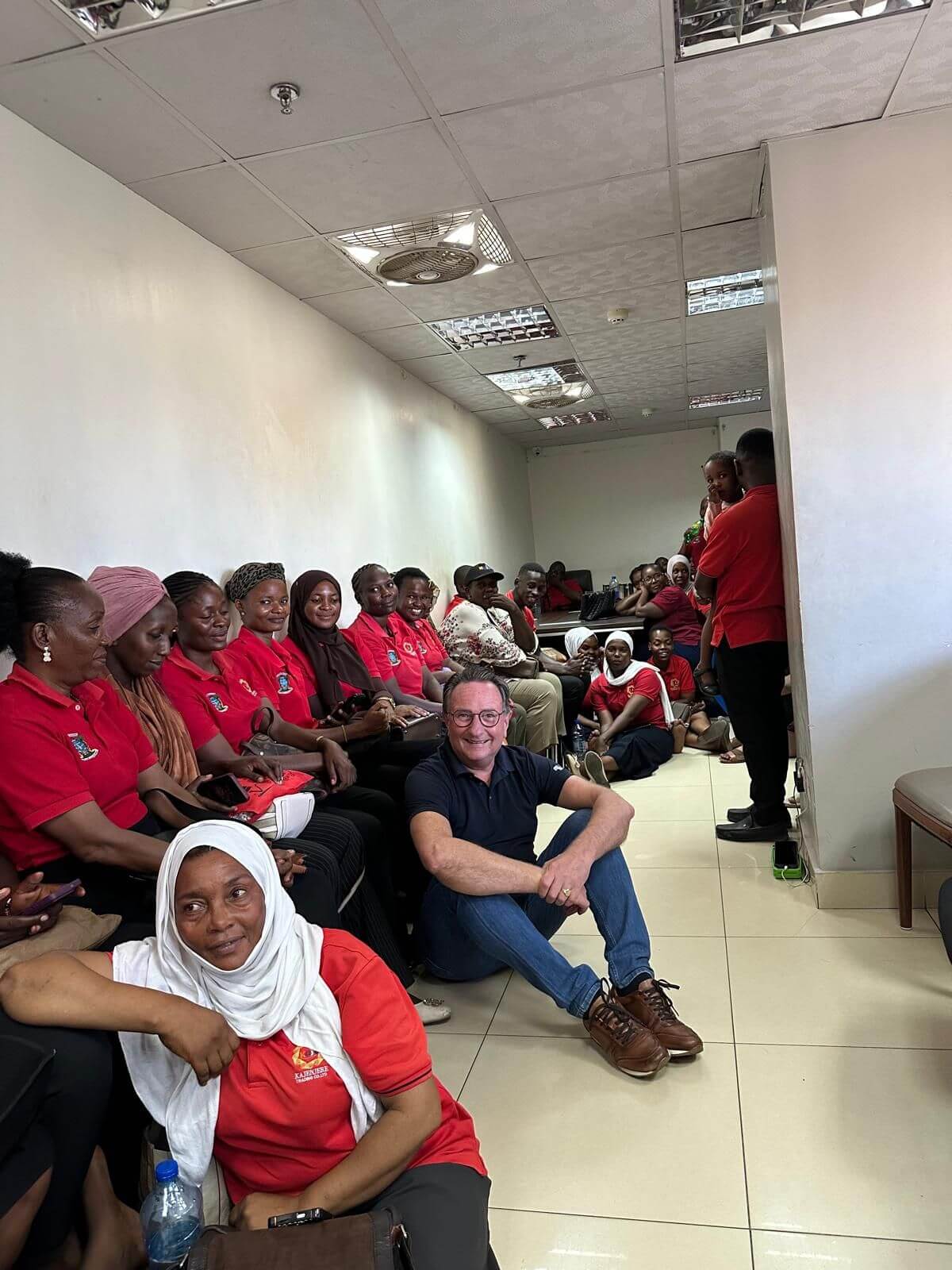
Interested in this project? Get in touch with
Deogratias Mbona
Representative Tanzania | United Republic of, Dar es Salaam

